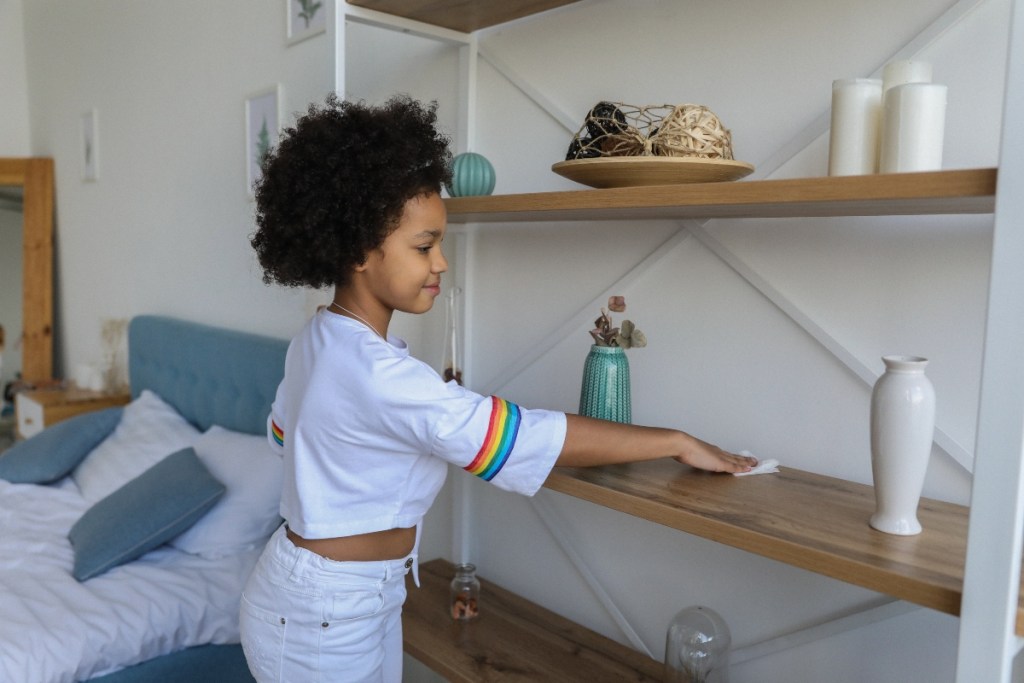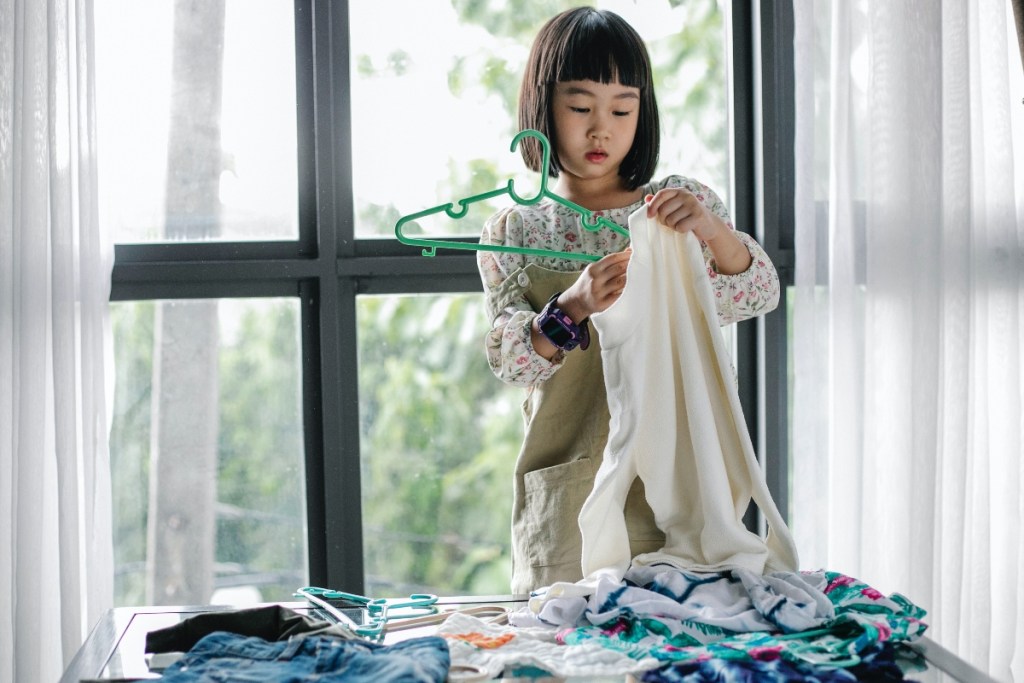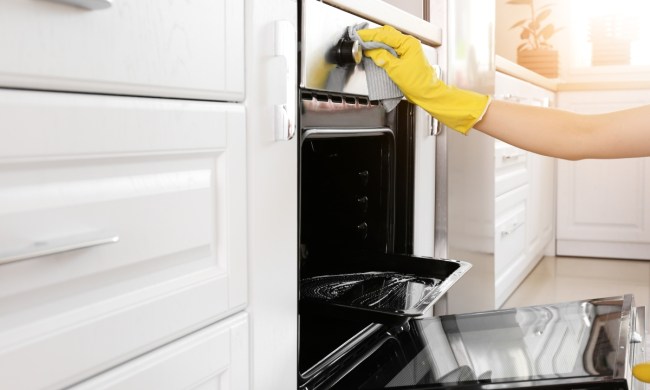Cleaning the home is a team effort from every member of the household. After all, we all contribute to the messes that accumulate over time. No matter what age, children and teens can learn valuable life lessons by performing chores and maintaining an organized space. By helping out around the house, your kids will not only learn how to take care of their environment, but they will also learn about responsibility and cooperation. Here are a few of our favorite tips for teaching your kids to clean…starting today!

Start teaching them while they’re young
The best time to start teaching your kids how to clean the house is when they gain interest. While many parents fuss about the terrible twos, this is the ideal time to begin showing your child how to maintain their environment.
Toddlers love to do things themselves, and more importantly, they like to mimic their parents’ actions. Introduce your child to picking up toys and putting them away after playtime. Additionally, this is a great time to teach them how to fold kitchen towels, help set the table, or wipe down counters. These are simple tasks that will make your child feel like they’re helping out.

Teach kids to clean by playing games
As they age, they may lose interest in copying everything their parents do. After all, chores can be repetitive and offer no stimulation or excitement. A good idea to get your child invested in helping out around the house is to turn tasks into a game.
You can create a challenge around the age of five to see who can clean up their room and make the bed the fastest—without cheating, of course! Turn sweeping and dusting into a game where the child has to sweep up the dust bunnies before there are too many. You could even add music and dance when putting silverware or other items away. The important rule is to have fun with it.
Know when to change up the chores
Older kids can take on more challenging chores. You can begin teaching them how to cook, store groceries properly, mow the lawn, do their own laundry, take care of pets, etc. Kids over the age of ten should begin learning about responsibility and why cooperation is essential. At this age, children like to feel as if they are equals.
You can teach your kids to accept the responsibility of cleaning without any tantrums by sitting them down and telling them how important it is that the entire family work together to maintain the home. Praise them for what they do well and remind them that they are an essential part of the household. This will teach them that chores, while boring at times, are important.
Implement family strategies
After the age of 13, chores become a bit more challenging and often require a team effort. You can make chores a more exciting experience by working with your child to create a clean environment. Work together to wash and vacuum out the car. Create a mini assembly line for dishes and laundry. Make meal prepping and dinners a family event where everyone pitches in.
Doing chores as a family can be much more exciting than doing chores alone. If you want to implement more family organizing ideas, create a family chore chart and place it in a central location of the household. Assign tasks to each family member and do your best to tag-team on more challenging endeavors.

Offer rewards
If you’re ever in doubt about how to teach your kids to clean and ensure that they continue repeating their chores as expected, you can never go wrong with rewards. If you make cleaning tasks a game, allow the winner to pick a movie for movie night or choose what’s for dinner. Rewards encourage kids to work hard. This also gives children a choice and teaches them a valuable lesson about hard work paying off in the end.
Give them a choice
Additionally, when asking your child to perform a task, you could give them an “either-or” scenario. For example, you could ask them to choose which chore they’d like to do first: put their toys away or make the bed. The element of choice allows children to feel as if performing duties around the home is not a mandatory action but a welcomed effort.
Teaching your kids to clean can seem like an uphill battle, but it doesn’t have to be. Knowing what your child is capable of is important. Be sure to match their abilities to the appropriate chores, and don’t be afraid to challenge them now and again. Cleaning can be fun, and it’s the perfect opportunity for parents to teach their kids valuable life lessons. Remember to offer praise and rewards when they’ve done good work, and remind your child that helping out around the house is beneficial for the entire family.



